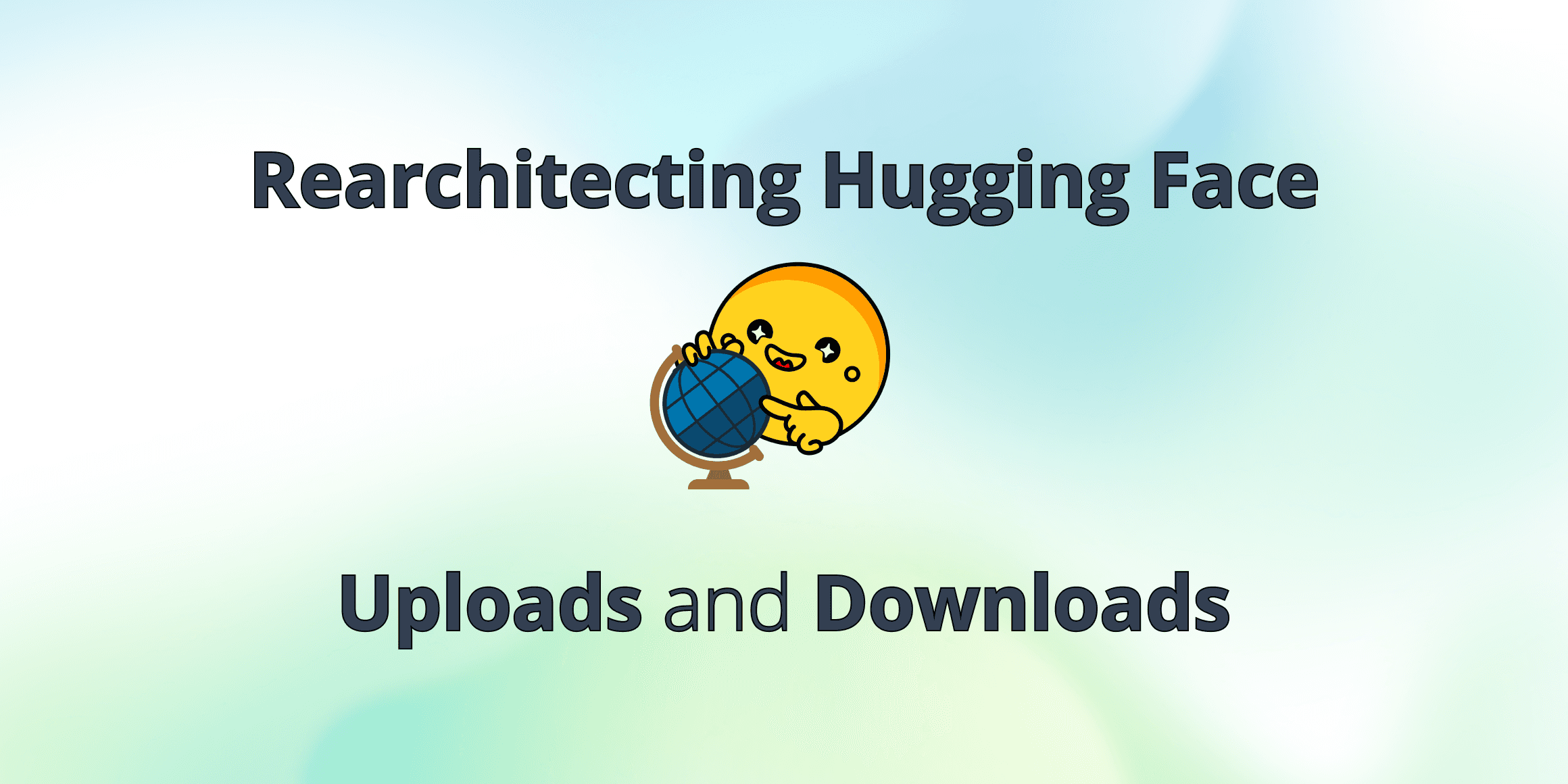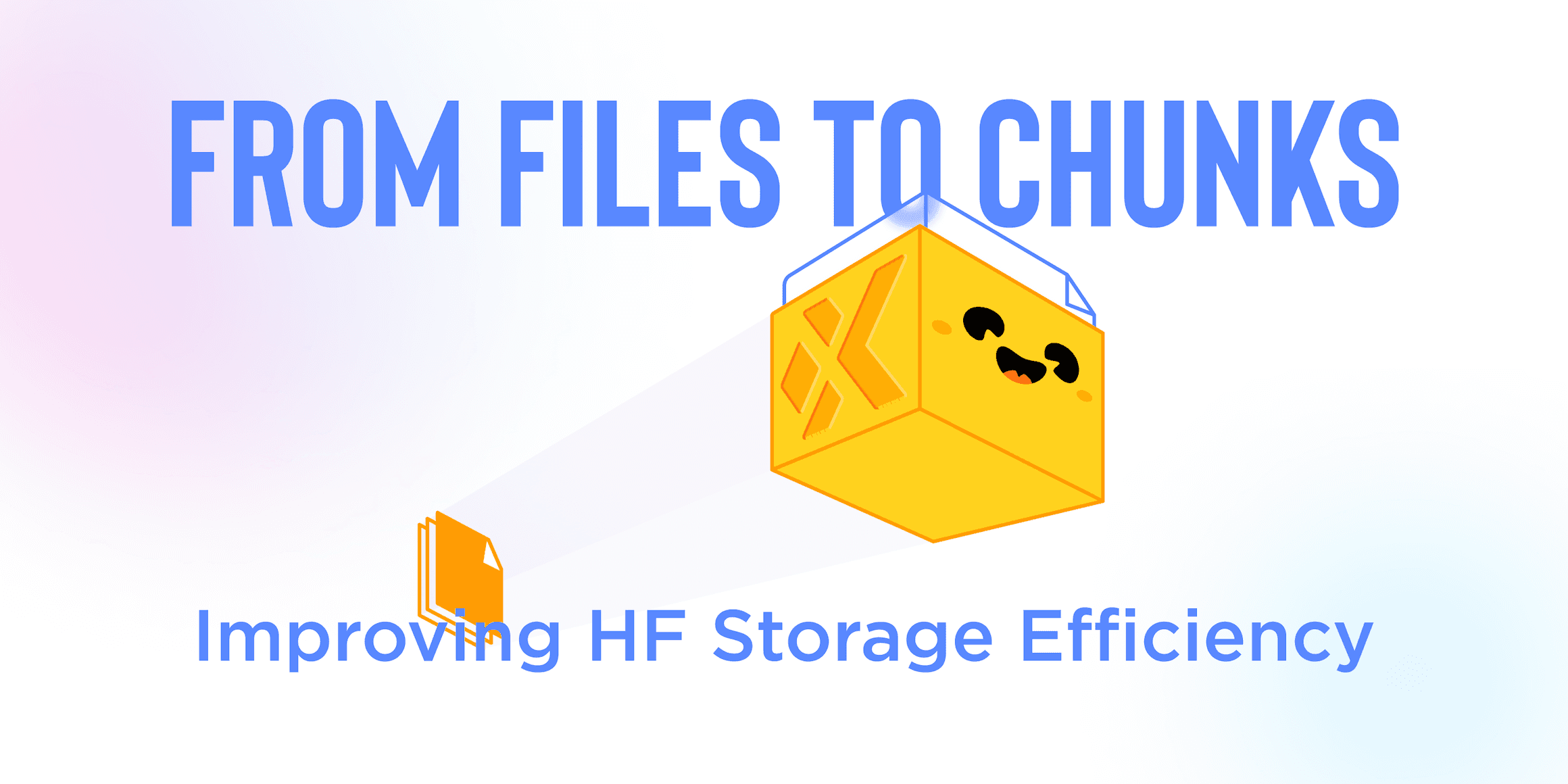June 26, 2024
Turning MLOps challenges into modern ML workflows
Machine Learning (ML) systems are inherently complex, involving numerous interconnected components that make developing, sharing results, and simply collaborating across the ML lifecycle challenging. By combining DevOps principles with ML workflows, MLOps aims to streamline the entire ML lifecycle, improve cross-team collaboration, and accelerate the delivery of ML models to production environments. However, despite its potential, many organizations struggle to realize the full benefits of MLOps implementations.
In this blog, we argue that MLOps alone is not sufficient to tackle the unique challenges posed by modern ML systems. A robust, foundational versioning layer for all ML assets is crucial to unify all data types, ensure full reproducibility, and maintain comprehensive lineage, regardless of the tools or vendors involved. This article provides an overview of the key MLOps challenges and how XetHub, the modern development platform for ML, addresses them.
The Promise and Reality of MLOps
MLOps aims to automate the full machine learning pipeline, from data preparation to model deployment and maintenance. It ensures reproducibility of experiments, collaboration across teams, scalability to handle increasing workloads, and monitoring of models, data, and infrastructure. MLOps standardizes practices and processes, promoting harmony among teams, which is crucial for preserving ML project integrity and efficiency.
What are the challenges of MLOps?
ML leaders seeking to implement MLOps face several challenges, including fragmented tools, lack of transparency, and the outdated capabilities of legacy systems.
Fragmented Tools Hinder Reproducibility
ML experiments require full reproducibility for scientific validity, explainability, and consistency in production components at scale. However, the fragmentation of tools and workflows across different practitioners and stakeholders, as well as across the ML lifecycle, presents significant challenges. ML practitioners rely on various assets like raw data, features, code, and hyperparameters to enhance data quality and model performance.

Multitude of tools associated with the different types of assets associated with an ML project
Lack of Transparency and Visibility
ML development today is often a black box, keeping stakeholders in the dark about project progress and performance. When asked for a status update, MLOps leaders typically say, "Let me talk to my team and get back to you." There's no central place to track the entire project's progress. Work happens in siloed teams with little communication between data scientists, engineers, domain experts and leadership, which leaves stakeholders guessing about the status and ROI of ML projects.
Legacy Systems Don't Meet Modern AI Needs
The shift from structured to unstructured data and the increasing complexity of ML and AI models have created new challenges for data storage and versioning that legacy systems and architecture cannot overcome. In the past, data analytics primarily involved structured data and relatively simple statistical models. However, with the rise of ML and AI, the nature of data and the models used to analyze it have changed significantly. Unstructured data, such as text, images, and audio, is now increasingly used directly in its raw form and fed into large language models (LLMs) or other neural networks.
Additionally, ML relies heavily on statistical sampling, which involves a lot of random access. Traditional file systems are optimized for sequential access, often resulting in bottlenecks in the I/O of ML projects.
This mismatch between the needs of modern ML workflows and the capabilities of legacy systems underscores the necessity for advanced solutions that can handle the demands of unstructured data as well as file systems adapted to ML needs.
How XetHub Solves These Challenges
XetHub provides a unified versioning foundation that connects all assets, regardless of the tools or vendors used. This lightweight layer acts as a connective tissue that enables full reproducibility and lineage of ML projects. By prioritizing a versioning foundation first, you can build a solid base for MLOps that enables you to scale and adapt to the ever-changing landscape of ML.
Unified Versioning and Reproducibility
Designed to seamlessly blend into your existing development workflows, XetHub eliminates the need to learn and adopt yet another tool. It leverages familiar concepts and interfaces, allowing you to interact with it just as you would with tools like Git or cloud storage services like S3.
For example, XetHub seamlessly integrates with Git, leveraging branches and commit history for time travel, compliance, access controls, and auditing. It offers comprehensive data lineage and traceability, enabling tracking of data and model origins and evolution. Instead of painfully rebuilding data history for audits or undoing edits to revert data, you can take snapshots of live data and store them as part of the repository. These capabilities are crucial for diagnosing issues and maintaining compliance.

See the state of your project at any time with easy time-travel.
Enhanced Transparency and Collaboration
XetHub offers a centralized hub for exploring, sharing, and visualizing ML projects tailored to diverse stakeholders. It enables dataset exploration before committing resources, preventing duplicated efforts.
With customizable views and dashboards tailored to the user's specific audiences, XetHub significantly accelerates the review process by lowering the technical barrier to understanding what has changed. Users can create visualizations that resonate with stakeholders, enabling faster and more effective reviews without requiring coding and development tools expertise. XetHub also ensures compliance with robust access controls and auditing features, safeguarding confidentiality and demonstrating governance.

Customize how your files are automatically rendered in the browser to make reviews faster and easier.
Scalability and Performance
To efficiently handle large files, XetHub leverages state-of-the-art deduplication, caching, and prefetching technologies. Unlike legacy data versioning tools, which are limited in the size of files they can store and version, XetHub stands out as the fastest and most storage-efficient versioning solution. It can scale repositories up to petabytes without compromising on size limits or performance.

XetHub performs better than all competitors on iterative development access patterns.
Share on




